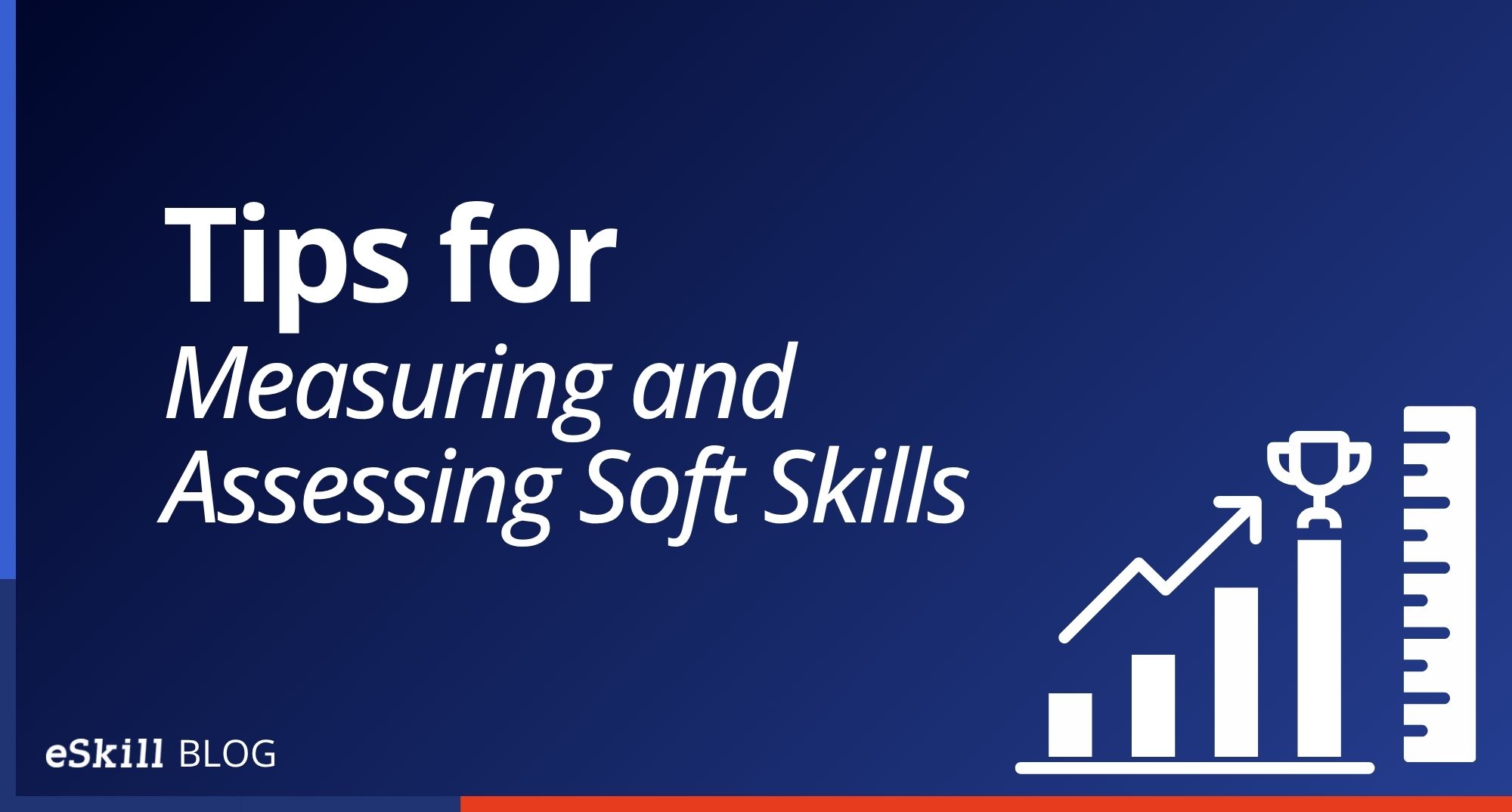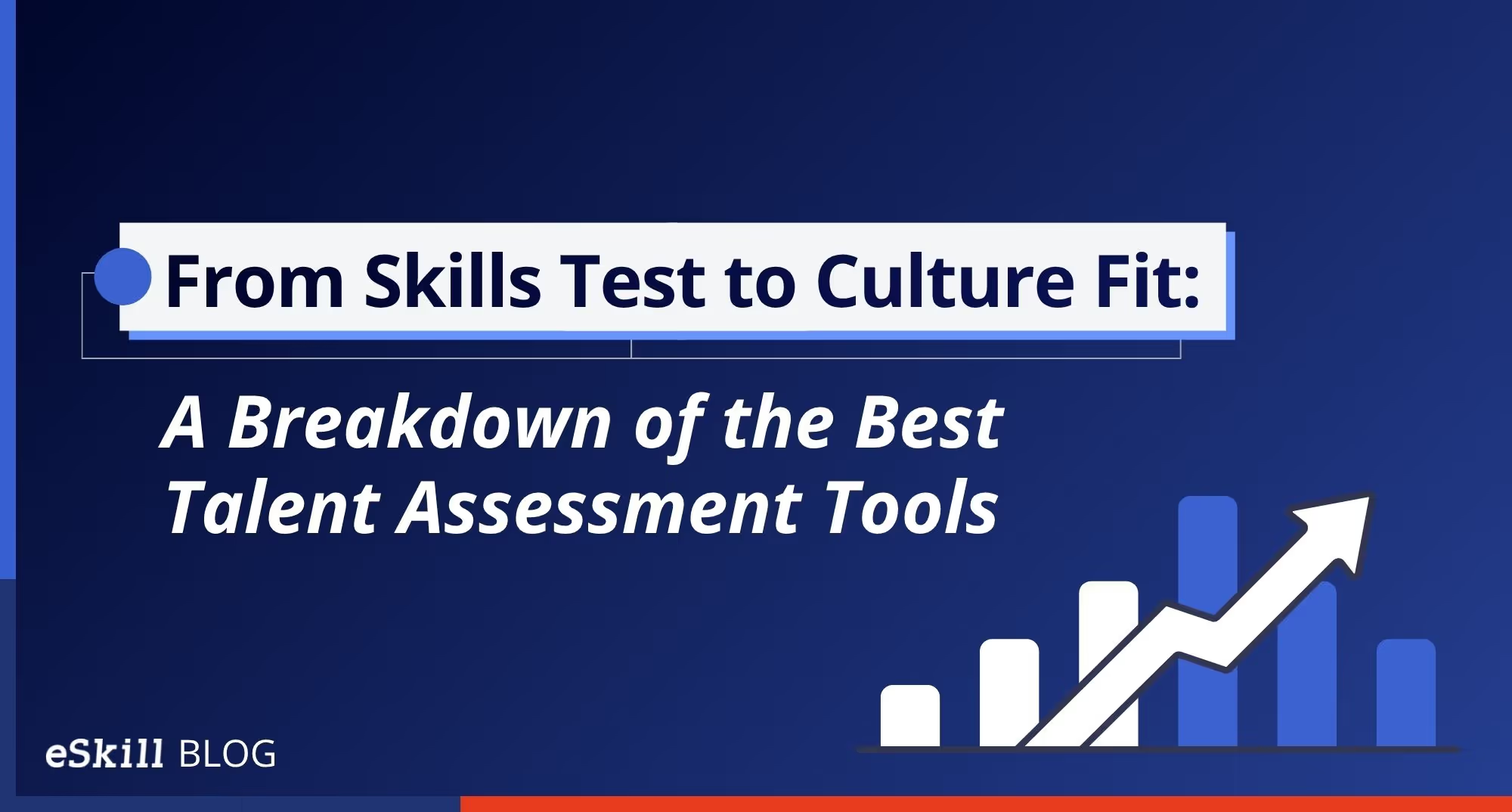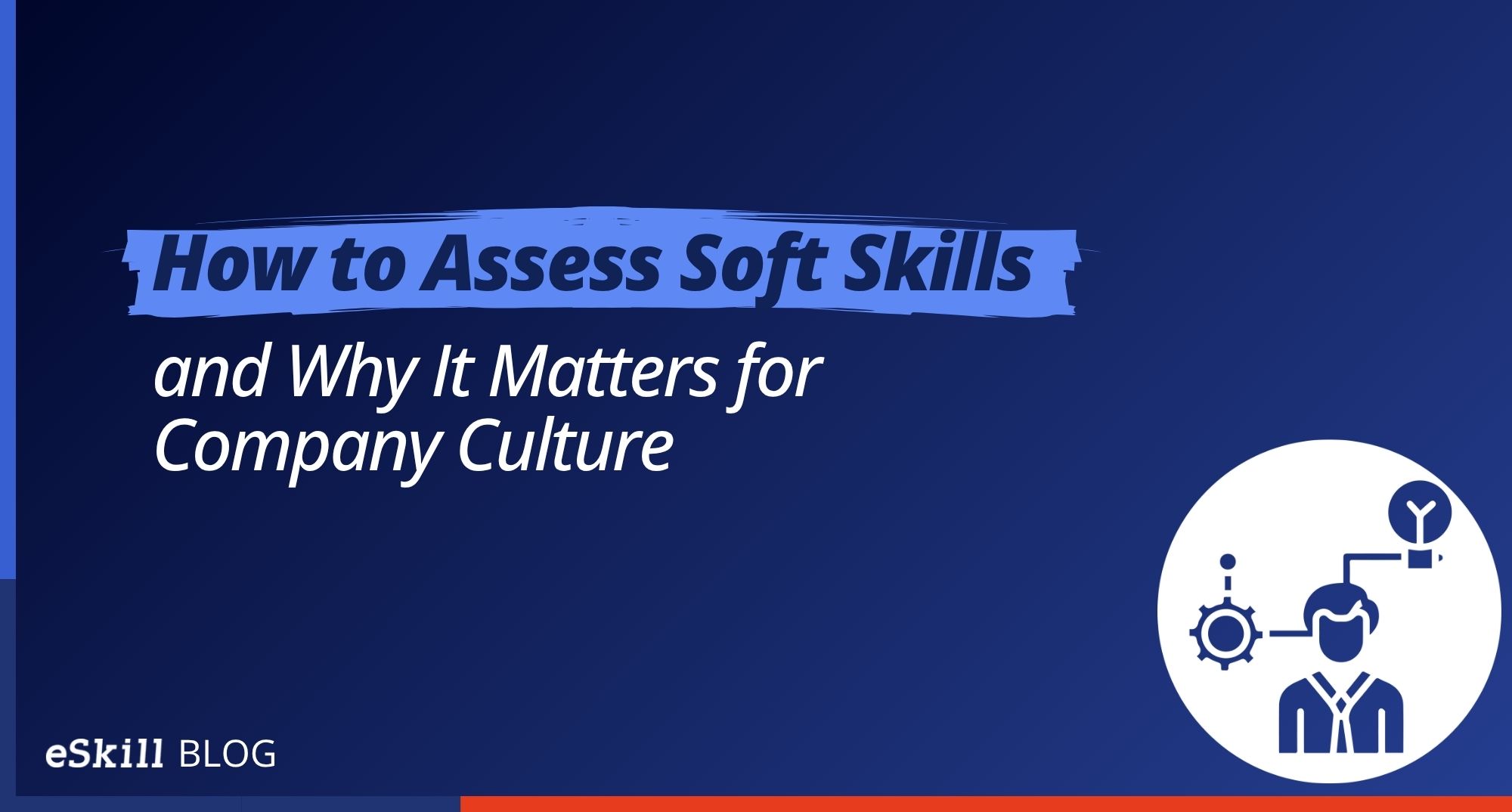When organizations fill critical roles, they post a job description to recruit external candidates. Some also survey their staff to see if any current employees are qualified.
In either case, hiring teams typically evaluate hard skills—job-specific abilities that are essential to performing the job successfully. Many business leaders also acknowledge the importance of measuring and assessing soft skills—personal attributes that determine whether a candidate is a good cultural fit for the organization.
Industry research shows 73% of employee turnover is due to poor cultural fit. Organizations strive to minimize turnover because it kills productivity and is extremely expensive. In 2022, the cost of voluntary employee turnover amounted to over $1 trillion. For professional employees, the cost typically equals 100 to 150% of their salary; for a senior manager, it can be as high as 213%.
Why Measuring and Assessing Soft Skills is Important
Assessing hard skills helps you confirm whether a candidate can do a job but not whether the person will be successful in the role. The following example shows how a candidate can have all the right skills to do the job and fail because they are a poor fit for the corporate culture.
A software company in Phoenix, AZ, hired a lead engineer to manage a team of four Java developers. The company’s work environment was laid back and casual. All employees, including senior managers and the CEO, wore shorts, t-shirts, and Birkenstocks. Employees were allowed maximum freedom as long as they were in the office during business hours, attended meetings, and completed their work on time.
The new lead engineer had excellent technical skills but was an autocratic leader with a direct management style who wanted his orders followed without question. After he had been on the job for two months, the four developers on his team walked into the CEO’s office and threatened to quit.
There was no doubt that the lead engineer had the technical skills that were required for the job. However, an online soft skills assessment would have shown that his management style was incompatible with corporate culture. He moved on to another company; the company hired a new lead engineer, and both sides were happy.
How to Measure and Assess Soft Skills
Organizations need to implement an industry-leading assessment solution such as the eSkill Talent Assessment PlatformTM to measure and assess soft skills and hard skills accurately.
eSkill clients have access to a library with hundreds of assessments. They can use pre-prepared assessments or build custom assessments, tailored to specific jobs, by selecting questions from multiple assessments. They can even add their own questions.
Suppose the company in our example used an assessment solution. In that case, the HR team could have required applicants to complete hard skills tests such as Java Developer and Project Manager and online soft skills assessments such as Team Management and Leadership Skills. They also could have built their own test by selecting questions from each of these assessments and adding their own questions.
Other Tips for Measuring and Assessing Soft Skills
Hard skills are easy to assess because they measure abilities candidates have acquired through training, school, or work experience. So, the Java Developer and Project Manager skills tests would have confirmed that the lead engineer knew how to build Java-based applications and understood the software development process and best practices.
Soft skills can be challenging to evaluate. The lead engineer was friendly and personable during his interviews and sounded like the perfect hire. Unfortunately, he was a completely different person on the job. If the hiring team had required the candidate to complete online soft skills assessments, they would have seen the warning signs and chosen someone who was a better fit for the company culture.
These are some other tips and hiring best practices they could have used to measure and assess soft skills.
Ask Candidates to List Soft Skills That Are Important for the Job: If candidates do not know which soft skills were needed for the job, it is likely that they would not be a good fit.
Ask Candidates to Explain How They Used Soft Skills in Work Situations: Candidates could demonstrate that they understand the job and company environment. This would show the hiring team how they would react in specific situations and indicated whether their actions would disrupt team chemistry.
Present Candidates with Scenarios that Require Soft Skills to Resolve: An excellent way to measure and assess soft skills is to present candidates with scenarios they will encounter on the job and ask how they would address the problem. The candidate’s answers could reveal potential red flags so the hiring team could consider other applicants.
Get Started with Online Soft Skills Assessments
An assessment solution is an organization’s best tool for identifying top internal and external talent because it takes the guesswork out of hiring. Hard skills test results show which candidates have the skills to do that job, and online soft skills assessment results indicate whether they can work well in your company environment.
Do you want to learn how assessments help you measure and assess soft skills and hard skills so you can hire candidates who have the entire package? Contact us to request a demo.
Talk to sales






